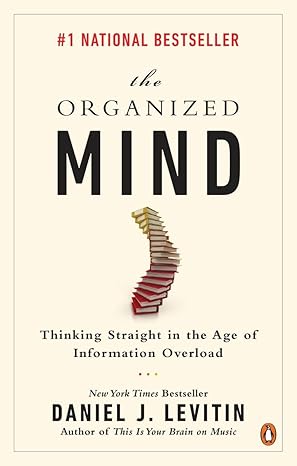There was a time, not so long ago, when I believed that to be competent, respected, or even loved, I had to know everything. Every date. Every detail. Every step along the path before I took the first one.
That Neil? He prided himself on being prepared. On anticipating every curve in the road. On holding it all—every appointment, confirmation number, and contingency plan, in his mind like some human filing cabinet.
But the Neil you see today is learning a new rhythm. A lighter way of walking through the world.
I am letting go of the need to hold on to everything.
I am open to not having the answer.
I am releasing the old habit of chasing certainty and embracing a new kind of wisdom, the kind that trusts the flow of life.
I no longer need to micromanage the details that aren’t in my zone of genius. I used to think I had to know every nuance so I’d appear knowledgeable. But now, I’m okay knowing that in two days, I’m meant to be somewhere and that I’ve arranged for it to happen. I don’t need to memorize the exact time, gate, or seat number. I’ve built systems that hold those details so my mind can stay free to be present in this moment.
And the science backs this up.
According to Dr. Daniel Levitin, neuroscientist and author of The Organized Mind, our brains are not meant to store every detail. They are meant to solve problems and stay creative. When we try to hold on to too much, we increase stress and reduce our cognitive performance. Similarly, productivity expert David Allen, author of Getting Things Done, emphasizes that our brains function best as idea factories, not storage units.
So, how do we stay functional, book the flights, show up for the calls, remember the anniversary, while still releasing the pressure of having to hold it all? Here are three simple practices I’ve embraced:
1. Externalize the Essentials
Use trusted systems, such as calendars, reminder apps, or even sticky notes on the fridge, to store the details. Your brain can then relax, knowing nothing important will be lost. I use Google Calendar with notifications. It’s like having a gentle assistant whisper, “You’ve got this, boss.”
2. Set Check-in Routines
Create a rhythm of checking in with your systems. Once in the morning and once at night works for many. This way, you keep the train on the tracks without mentally clinging to the schedule all day long.
3. Delegate or Delete
If a task or detail doesn’t serve your mission, either pass it off or let it go. Not everything is yours to carry. Ask, Is this mine? Does this energize me? If the answer is no, it might belong in someone else’s hands or the recycling bin of your schedule.
Letting go isn’t about being careless. It’s about being clear.
It’s about making space for presence, joy, and the unexpected brilliance that shows up when your mind is no longer crammed with things it doesn’t need to hold.
And if I do miss a flight, I trust I’ll learn from it… and maybe even meet someone in the airport I was meant to meet.
Because now, I believe in divine timing more than perfect planning.
And that, my friend, is freedom.




